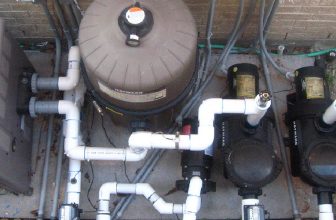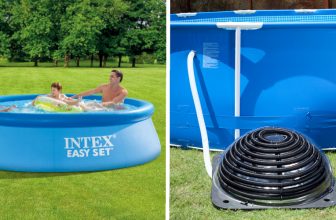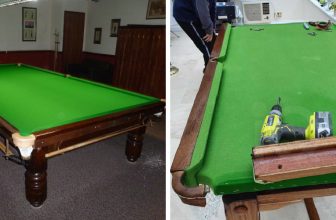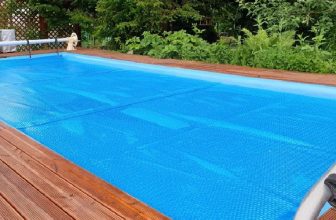How to Heat a Pool Fast
Are you looking to make a splash at your next pool party? Having an inviting and comfortable swimming environment is key – but how do you quickly heat up a cold or cool pool? Learning the basics of heating a pool can save you time, energy, and money. In this blog post, we’ll cover everything you need to know about preparing your pool for use – including tips onhow to heat a pool fast!
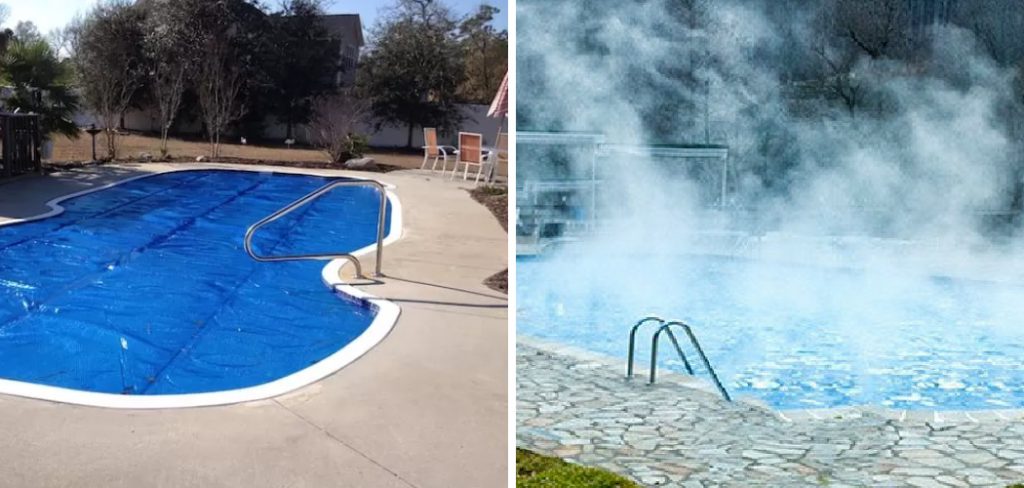
When it comes to swimming pool heating, many pool owners struggle with finding a cost-effective and efficient way to heat up their pools. It’s not always easy to know how long it will take or how much energy you need in order to raise the temperature of your water. In this blog post, we’re going to discuss some methods that can help you quickly and easily heat up your pool using minimal resources.
You’ll learn about best practices for setting up your heater, as well as tips for cutting costs while still achieving an enjoyable swimming experience. Read on and find out exactly what steps you can take now in order to get ready for warmer waters!
Why is Heating a Pool Important?
There are many reasons why it is important to heat your pool. Such as:
1. To Make the Swimming Season Last Longer
One of the biggest benefits of heating your pool is that it can extend the swimming season. If you live in a mild climate, you may be able to use your pool for an extended period if it’s heated.
2. To Enjoy a Comfortable Swimming Experience
Heating your pool will make the water more comfortable and enjoyable for swimmers. When the water is too cold, swimming in can be uncomfortable and make it an unpleasant experience.
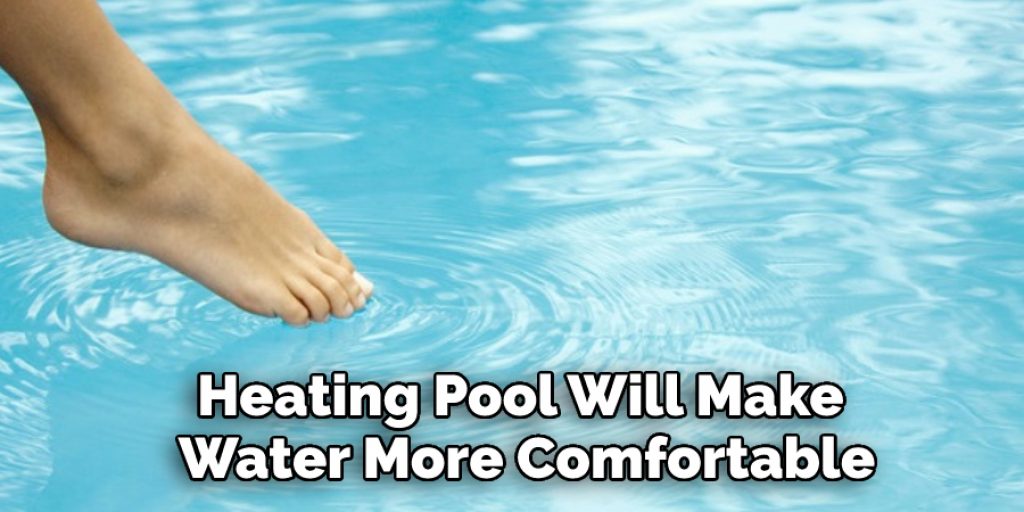
3. To Improve Pool Safety
Heating your pool can also help improve safety when swimming, as a warmer pool temperature helps reduce the risk of hypothermia or other health issues that could arise from being in cold water for too long.
4. To Reduce Chemical Usage
Heating your pool can also help reduce the number of chemicals needed to keep it clean as warmer water is less likely to support bacteria or algae growth. Also, if you’re using a saltwater pool, the warmer temperature will help dissolve the salt faster and keep your pool in better condition.
13 Methods of How to Heat a Pool Fast
Now that we understand why it is important to heat your pool let’s discuss how to do so quickly. There are several methods for heating a pool fast, such as:
1. Solar Heaters
This is very common and cost-effective way of heating a pool fast. Solar heaters work by collecting the sun’s rays and transforming it into usable heat for your swimming pool.
2. Heat Pumps
This method is used to transfer heat from one area to another, making it an efficient option for heating a pool. It uses electricity to draw in the heat from the atmosphere and pump it into your pool.
3. Gas Heaters
Gas heaters use natural gas or propane to warm up a pool quickly. While this method is more expensive than its electric rivals, it can be quite efficient in heating a large swimming pool quickly.
4. Electric Heaters
Electric heaters are popular for heating pools due to their low cost and easy installation. They use electricity to generate heat, which is then transferred into the pool water.
5. Heat Exchangers
Heat exchangers work by transferring thermal energy from one source (like a boiler) to another (your pool). This method is effective in quickly raising the temperature of a pool.
6. Pool Covers
Using a special solar blanket, also known as a pool cover, is another great way to maintain consistent temperatures and reduce heat loss from your pool. It also helps prevent evaporation which contributes to heat loss.
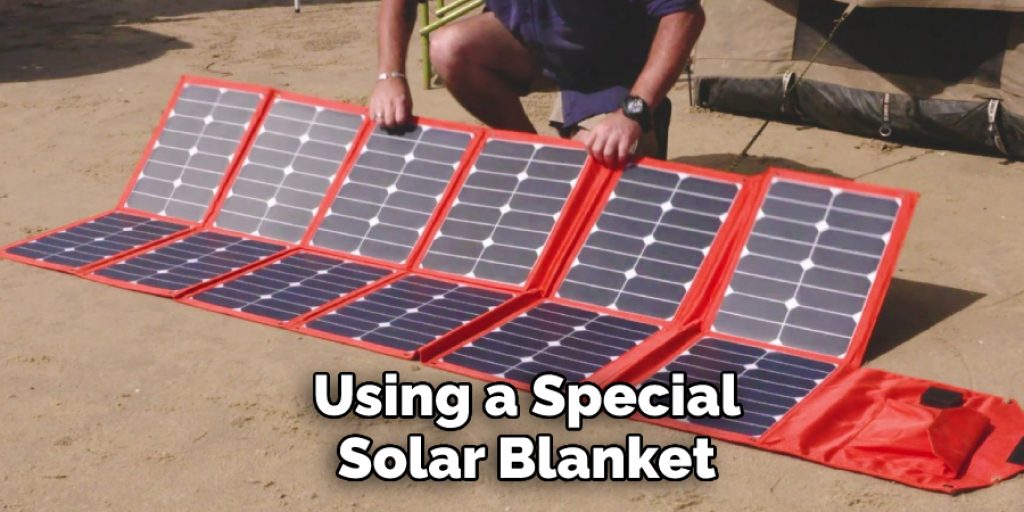
7. Geothermal Heating
Geothermal heating uses the heat of the Earth to warm your pool water. This is a fairly new and efficient method that can be used to quickly raise temperatures in a pool.
8. Heat Reflectors
These devices reflect sunlight onto your pool, similar to how a mirror reflects light. This method helps keep your pool warm without having to use any additional energy.
9. Windbreaks
Using windbreakers can help protect your pool from strong winds and keep the water temperature consistent. This is especially helpful when you’re in a location that experiences strong winds.
10. Underwater Lighting
Underwater lighting uses light energy to heat up the water in your pool. It works best when combined with other heating methods, such as solar or gas heaters.
11. Insulation
Adding insulation to the walls of your pool can help reduce the amount of heat lost from it. This will help maintain consistent temperatures and save energy in the long run.
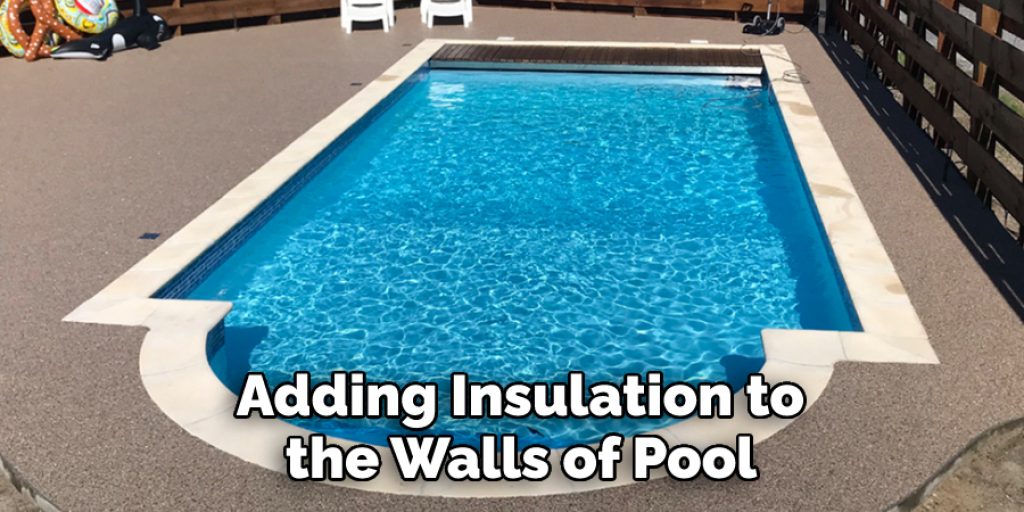
12. Hot Tub Heaters
Hot tub heaters work in a similar way to pool heaters but are specifically designed for use in hot tubs and spas. They are often used to raise the temperature of a small body of water quickly.
13. Heat Rollers
Heat rollers are special devices that roll along the surface of a pool, collecting and transferring heat from one point to another. This is an effective way of quickly heating up a large pool area.
Using any combination or all of these methods can help you quickly heat your swimming pool. For best results, choosing the right method for your specific circumstances and budget is important. This will help ensure you get the most out of your heating system and ensure your pool is always ready for a swim.
Frequently Asked Questions
What Precautions Should I Take When Heating a Pool Fast?
When attempting to heat a pool quickly, it is important to take certain precautions. First, ensure that the pump and filter run continuously during the heating process. This will prevent debris from clogging up the system and reduce the amount of energy needed to heat the water.
Additionally, monitor the water temperature frequently and turn off the heating system once the desired temperature is reached. Finally, be sure to keep an eye on the water chemistry and adjust the chlorine, stabilizers, and pH levels accordingly.
How Long Does it Take to Heat a Pool?
The amount of time required to heat a pool varies depending on its size, type of heating system, weather conditions, and other factors. Generally speaking, heat a pool completely can take a few hours to several days. If attempting to heat the pool quickly, increasing the water temperature gradually will help maintain energy efficiency and reduce wear-and-tear on the pump and filter system.
What Factors Affect How Fast a Pool Heats?
The type of heating system, pool size, water temperature, and weather conditions all play a role in how quickly a pool can be heated. In-ground pools require more time to heat than above-ground pools due to their larger surface area.
Additionally, colder temperatures outside will limit the effectiveness of heaters and require more energy to raise the water temperature. Lastly, some heating systems, such as solar heaters, are more efficient than others and may be able to heat a pool faster than traditional heat pumps or gas-powered models.
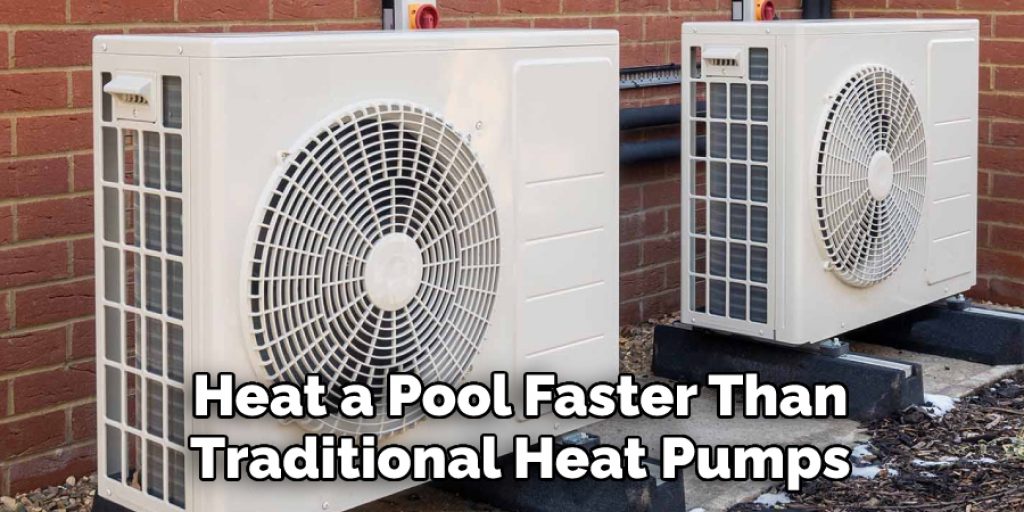
Can I Heat My Pool Too Quickly?
Heating a pool too quickly can cause damage to the filtration system, heater, and other components. Additionally, the water temperature can rise too quickly and become uncomfortable or even dangerous. To prevent this, increase the water temperature gradually over time and monitor the temperature frequently with a thermometer. This will help reduce strain on the pool equipment while ensuring that the water remains safe for swimming.
What’s the Best Way to Heat a Pool Fast?
The best way to heat a pool quickly and efficiently is to use a combination of different heating methods. Solar heaters, gas-powered heaters, and electric pumps each have their own advantages and can be used in combination for maximum efficiency.
Additionally, installing an insulated cover on the pool during cool weather can help retain heat and reduce the amount of energy needed to raise the water temperature.
Can I Use a Cover to Heat My Pool Faster?
Yes, using an insulated pool cover can help retain heat and reduce the amount of energy needed to raise the water temperature. Additionally, covering the pool when not in use helps keep debris out of the water and reduce evaporation. This will allow your heating system to run more efficiently and ultimately save you time and money.
Also, make sure to use a cover specifically designed for pool heating, as regular tarp covers can be dangerous. Overall, heating your swimming pool is a great way to enjoy the water all year round without breaking the bank. You can heat your pool quickly and efficiently with the right combination of methods and precautions.
Should I Hire a Professional to Heat My Pool?
If you are uncertain about how to best heat your pool or don’t have the time or expertise to do it yourself, hiring a professional is always an option. A professional can assess your pool size and type of heating system and recommend the most efficient method for fast and effective heating.

Additionally, they can help troubleshoot any problems that may arise and provide valuable advice on how best to maintain your pool in the future. Also, depending on the scope of work, a professional may be able to heat your pool in less time than it would take you to do it yourself.
Conclusion
Now you know how to heat a pool fast. Using a combination of methods, such as solar heaters, gas-powered heaters, and electric pumps, can help you quickly raise the water temperature. Additionally, installing an insulated cover on the pool during cool weather and monitoring the water temperature with a thermometer will help ensure that your pool is heated accurately and efficiently. With these tips in mind, you can enjoy a comfortable swim all year round!
As we have seen, there are several methods to heat a pool quickly. From solar covers and heat pumps to gas-fired and electric heaters, each will bring your pool up to the perfect temperature in no time. Ultimately, which one you choose is up to you – it might depend on the size of your pool and your budget.
When making the decision, remember a few key points: all swimming pools lose heat more quickly than they gain it; regardless of your choice, make sure it’s a device that is powerful enough for your pool; and some can be more expensive initially, but save money on energy use over time.

